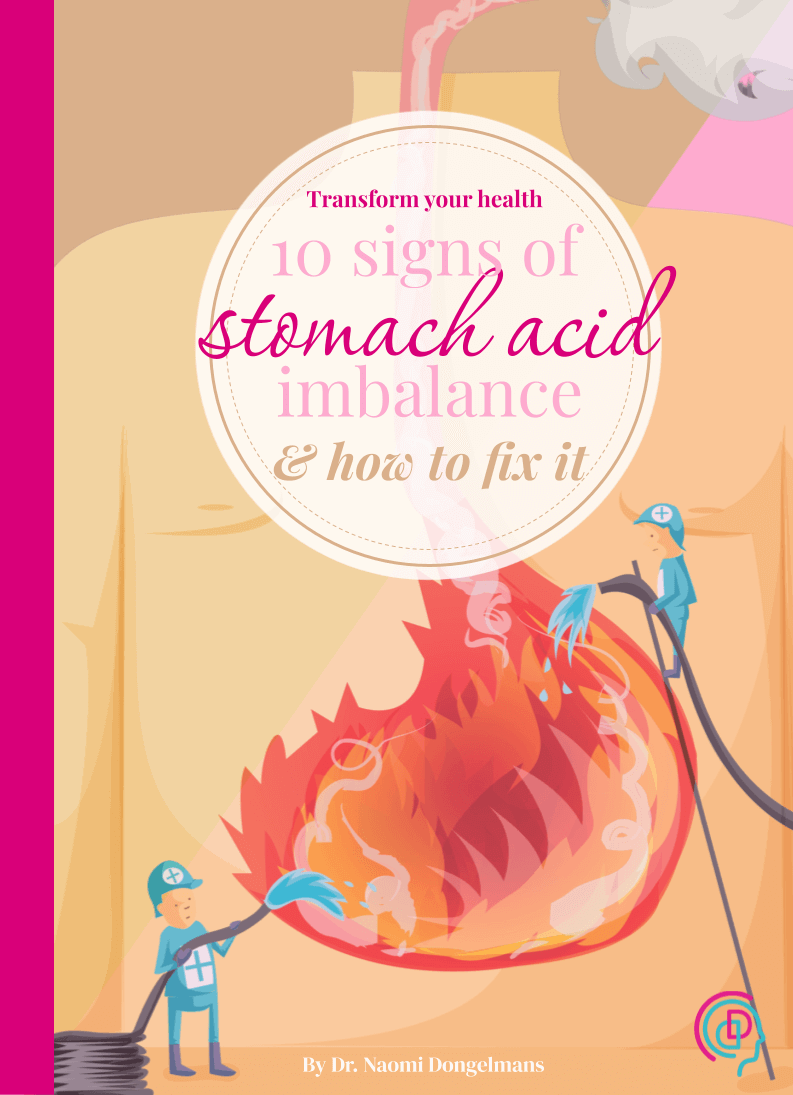
Unplug & reconnect
In our increasingly technology-driven world, we’ve become disconnected from something fundamental to our well-being: the Earth itself. We spend hours indoors, often surrounded by electronic devices, and rarely make direct contact with the ground. This disconnection might be contributing to a range of health problems, and the solution might be simpler than you think: earthing, or grounding.
Earthing is the practice of connecting your body directly to the Earth's surface, typically by walking barefoot on grass, sand, or soil. While it may seem too simple to be effective, a growing body of scientific research suggests that this practice offers a wide array of health benefits. This post will explore the science behind earthing and how you can incorporate it into your daily life.
The science behind grounding
The Earth possesses a vast and naturally occurring supply of negatively charged electrons. When we walk barefoot on the ground, these electrons transfer to our bodies, neutralizing the positively charged free radicals that contribute to inflammation and oxidative stress. This process has been linked to a wide range of benefits, including:
- Reduced inflammation: Inflammation is at the root of many chronic diseases. Grounding helps reduce inflammation by neutralizing free radicals, leading to improvements in conditions like arthritis, fibromyalgia, and autoimmune diseases.
- Improved sleep: Many people struggle with sleep disturbances, and grounding may offer a natural remedy.
- Enhanced immune function: A healthy immune system is crucial for fighting off illness. Grounding has been shown to support immune function by reducing inflammation and oxidative stress.
- Faster wound healing: Studies suggest that earthing can accelerate wound healing by improving blood flow and reducing inflammation.
- Pain management: Chronic pain is a significant health concern, and earthing has demonstrated promise in reducing pain perception.
- Improved cardiovascular health: Several studies suggest a positive relationship between earthing and cardiovascular health.
- Reduced stress and anxiety: Our modern lifestyles are often associated with high levels of stress and anxiety. Grounding offers a simple, natural way to counter these effects.
- Improved neurological function: Earthing has also been associated with improvements in brainwave activity, suggesting a potential positive impact on cognitive function.

How to get started with earthing
Incorporating earthing into your daily routine is surprisingly simple:
- Walk barefoot: Spend 20-30 minutes walking barefoot on grass, sand, or soil whenever possible.
- Sit or lie on the ground: Find a comfortable spot outdoors and simply sit or lie down in direct contact with the earth.
- Use earthing products: If direct contact with the earth isn't always feasible, consider using earthing products like conductive mats, sheets, or patches.
- Create an earthing space: Designate a space in your home or garden where you can regularly connect with the earth.
Conclusion: Reconnect with nature, reconnect with yourself
Earthing offers a simple, yet profoundly impactful way to improve our health and well-being. By reconnecting with the Earth's natural energy, we can reduce inflammation, boost our immune system, and experience a multitude of other benefits. While more research is always needed, the cumulative evidence suggests that embracing this ancient practice can bring significant positive changes to our lives. Take some time this week to connect with the earth and discover the healing power of grounding for yourself.




























1 Comment